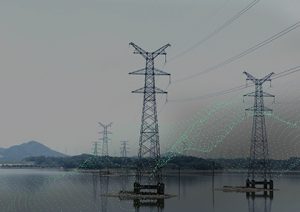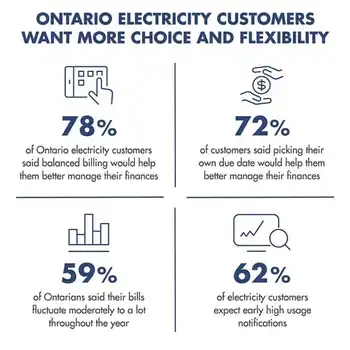Folsom looks at 'green power' incentives
The council on approved a one-time fee waiver for Marquiss Wind Power, a Folsom-based start-up firm that plans to build a wind-turbine demonstration project. "Everywhere you turn, it's about renewable energy," said Paul Misso, Marquiss Wind Power's chief executive officer.
Misso said his company's goal is to bring wind-power generation into an urban environment. But, he told the council, firms like his need help through the planning process. The nearly $9,000 in fees for architectural and environmental reviews, as well as building plan checks and inspections, make start-up technologies cost prohibitive, Misso said.
He urged the council to "right size" permitting fees to "encourage green, renewable growth."
Misso said his firm seeks to market wind turbines for commercial and industrial buildings. The 19-foot-tall turbines are mounted on rooftops. Although they could not provide all the electricity for energy consumers like grocery stores with large refrigeration units, Misso said, the devices could meet the needs of many office buildings. Excess power also could be fed back into the power grid for purchase by local utilities. In addition to lower fees, Misso said, the company needs the city's support in getting people to accept the idea of wind turbines on rooftops.
Councilman Jeff Starsky said the technology is in keeping with the state's goal of reducing the need for more power plants, which produce emissions believed to contribute to climate change. "You are clearly ahead of the market," he told Misso.
Joe Luchi, the city's economic development director, recommended the one-time fee waiver for Marquiss Wind Power's demonstration project. He said staff members also propose establishing a new planning fee for subsequent wind turbine installations. Because most of the issues associated with the turbines likely would involve aesthetics, Luchi suggested the most applicable fee is that charge for commercial designs with Architectural Commission review.
He said the city will have to establish standards as to where such devices could be installed. The proposed fee for architectural review would be about $300, rather than the $1,774 typically applied to other projects. The applicant still would be required to pay fees associated with the building plan check, according to a staff report.
Although the city would not recover the entire processing cost, Luchi said, the lower fee would serve as an incentive by removing monetary barriers for start-up technology. He said the fee program could be broadened to cover other types of energy-conservation systems.
"The debate over global warming, whether founded or unfounded, provides Folsom with an economic opportunity," Luchi said. Investment in clean technology ventures in the United States increased from $955 million in 2004 to more than $5.2 billion in 2007, he said.
Luchi noted that the University of California, Davis, is a leader in research and development of clean-energy alternatives, and the Sacramento region is attracting more alternative-energy companies, many of them start-up enterprises. Folsom is developing its own cluster of clean, green, renewable-energy businesses, he said. A policy that promotes clean energy technology could aid the city in attracting other businesses and high-paying jobs, Luchi said.
Councilman Starsky said he favored incentives for such enterprises. "This is a major step toward reducing the carbon footprint," he said. "This is the new high-tech industry."
Related News

Tesla reduces Solar + home battery pricing following California blackouts
LOS ANGELES - Pacific Gas & Electric’s (PG&E) shutoff of electric supply to residents in California’s Bay Area has caught the attention of Tesla and SpaceX CEO Elon Musk, who has announced that he would be offering a price reduction of approximately 10% for a solar panel and Tesla Powerwall battery installation. The discount will be available to anyone interested in powering their homes with solar energy, not just the 800,000 affected homes in the Bay Area.
After initially tweeting a link to Tesla’s Solar page on Tesla.com, Musk added that he would be offering a “~10% price reduction” in installation…





